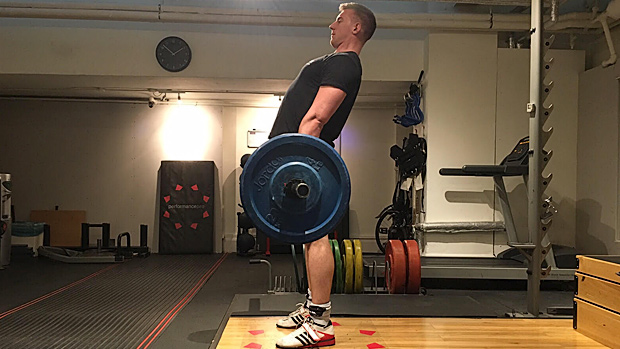Research shows that the right type of music can help you manage fatigue better and improve your performance in the gym. It does so by decreasing perceived exertion, increasing blood flow and lactate clearance, reducing pain and discomfort, and allowing you to train longer and more intensely.
But we don't need research to tell us that. Music has been used for centuries to raise the testosterone levels of warriors and soldiers going into battle, but it needs to be used wisely. The wrong music at the wrong time could do more harm than good.
Here's the gist: don't blast anything aggressive while you're introducing a new exercise (or tapering down a training cycle) because it can actually compromise your performance.
Loud, Hard Music Can Kill Performance?
To understand how music can affect your performance, take a look at the classic inverted-U arousal curve. Think of soft music at one end and heavy metal at the other.

If you come into a workout all jacked up on caffeine, blasting vintage Metallica might not give you the results you were hoping for. It could overstimulate you and shoot your nervous system to hell, especially on a technical lift.
No, you don't have to play Kenny G, but it may be best to have no music at all at that moment. (Some actually do better with classical music in the background, believe it or not.)
When to Crank It
As you fatigue, however, you'll need the stimulation. That's when it'll be time to crank up the tunes and shift the curve appropriately. A good tip would be to save your favorite song or the "heavier" stuff for a big lift when you're trying to set a PR. Only pull out the heavy artillery when you need it – not all the time – or else you'll become desensitized and it'll lose its effect.
On the flip side, music in general has been shown to improve your performance during cardio, so crank it up then. Just don't bang your head on the treadmill.




